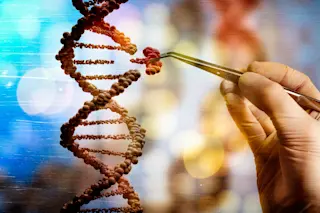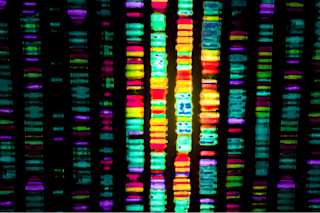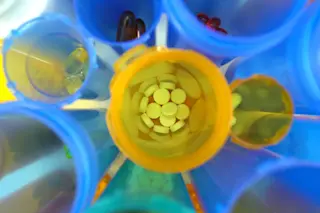Evolution is ultimately a battle of the sexes. Fathers favor large offspring with a better chance of survival, so mammalian males evolved genes that promote growth. Hefty young are a drain on the mother, so females evolved competing sets of anti-growth genes.
Biologists had thought this genetic monkey-wrenching, called imprinting, first evolved in placental mammals, which invest heavily in gestating their young. But molecular biologist Randy Jirtle of Duke University and his colleagues found that marsupials also have imprinted genes. "That means that the battle is moved back to at least 100 million years ago," Jirtle says.
Imprinted genes are linked with cancer, as well as autism and other behavioral disorders. "The closer we get to understanding imprinting, the better chance we have of finding ways to loosen the imprinted genes through chemical means," Jirtle says.














